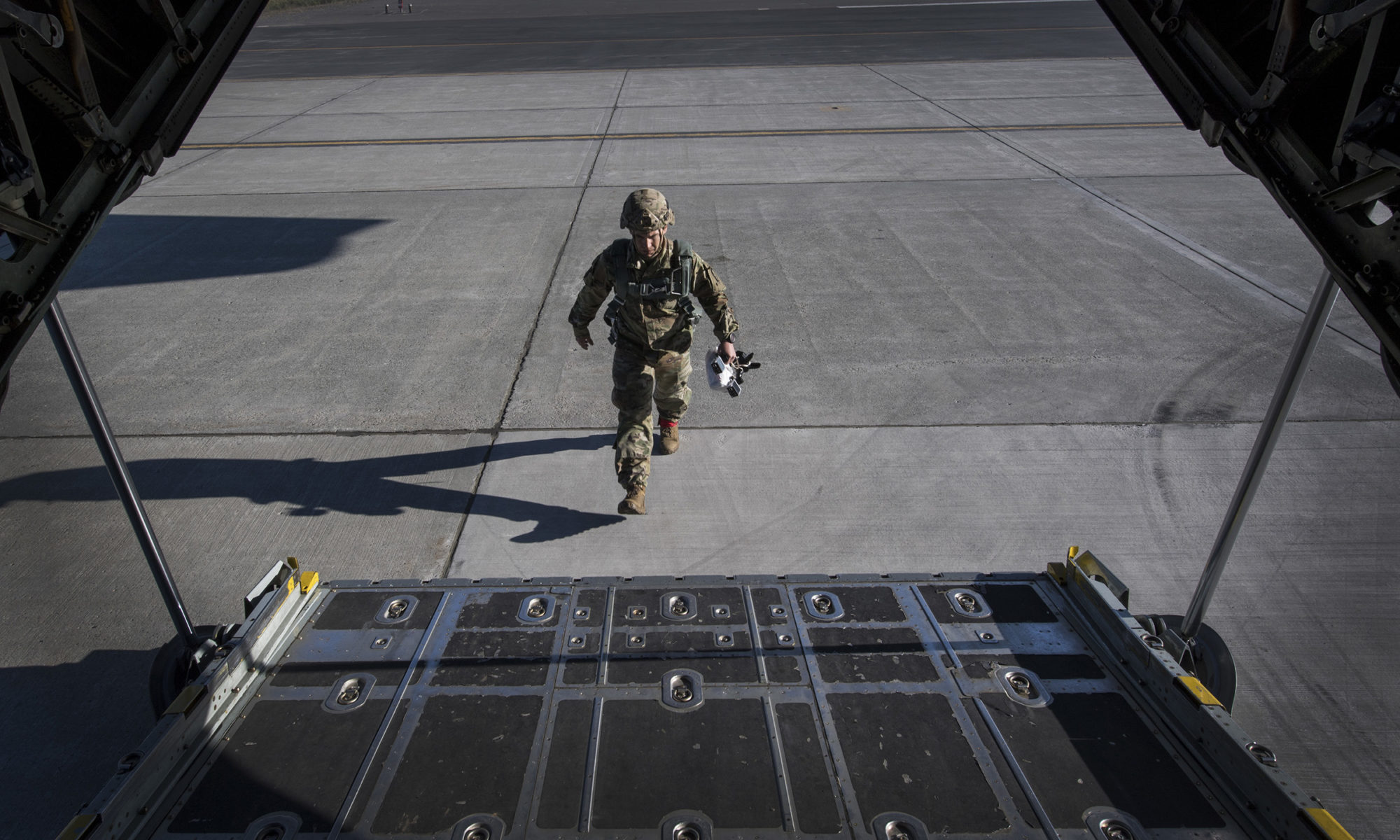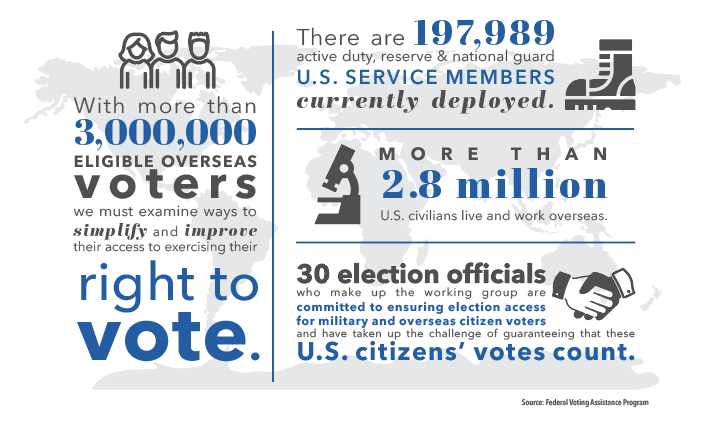In the lead up to the Nov. 3, there have been countless articles about military and overseas voters. Some encouraging the voters to return their ballots as soon as possible. Others are speculating about how important these voters may be to the election. It has brought to the forefront of our minds the age-old myth that military and overseas ballots are only counted if it is a close race.
Traditionally, the majority of Americans head to their local polling place on election day and cast their vote in person with not much thought given to absentee ballots. Polls are often congested places on Election Day. In light of Covid-19 health risks, many states have turned to absentee voting as a method of cutting down on the number of people crowded into gymnasiums, churches, and other polling locations. However, military voters have voted via absentee ballot since the U.S. Civil War, and those protections were codified in 1986 with the Uniform and Absentee Citizen Voting Act (UOCAVA).
Election officials are required count every valid ballot that comes into their possession prior to their state’s relevant deadlines. For a ballot to be valid, a voter must have completed the ballot and relevant identification processes according to state law. This can include signatures on envelopes, proof of identification, witness certification, etc.
Deadlines for ballots to be received by election officials are different for each state and there are special considerations for military and overseas citizens- find yours here. For example:
- In Florida, if you are living outside of the U.S. your ballot must be postmarked by Nov. 3 and will be counted as long as it is received by the 10th day AFTER the election.
- In New York, your ballot must be postmarked by Nov. 3, and the received by the local election office by the 13th day AFTER the election.
- In California, your ballot must be postmarked by Nov. 3 and, for the November General election only, must be received no later than 17 days AFTER the election.
- In Arizona, your ballot must be received by your election office by 7:00p.m. Nov. 3.
If you have concerns about the status of your ballot, contact your local election official, or check their website. States are required by the Military and Overseas Voter Empowerment Act to have some method by which UOCAVA voters can track their ballot. In some states there is a phone number to call, but many states have websites dedicated to tracking the status of your absentee ballot.
Election officials do not “call” elections. That is something done by the media . Instead election officials are responsible for counting each and every valid ballot that receive before deadlines. The media have methodology they employee in order to “call” an election. Even after the media has “called” an election, election officials continue their official counting process, which can include recounts. Local election officials provide their official count to a state’s chief election officer (oftentimes the Secretary of State), who will certify the official count. See more on that here. Record numbers of absentee ballots are expected this year which could cause some delay to election results, but rest assured that election officials will be working hard to get every validly submitted timely ballot counted


